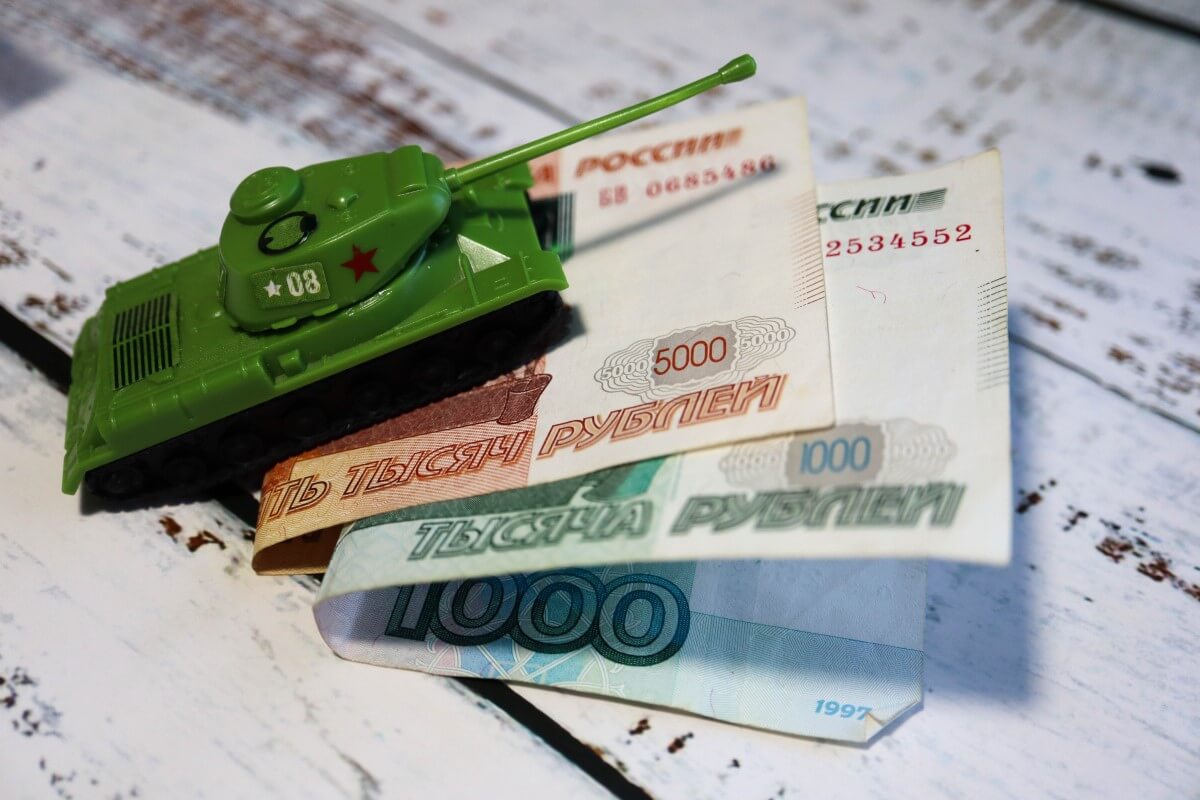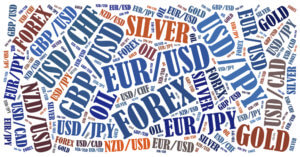The U.S. dollar tumbled down after European markets opened on Monday. Despite that, it still traded near a five-year high against Japan’s yen. Meanwhile, market players braced for a busy week of major central bank meetings. Uncertainty about the war in Ukraine caused a market sell-off on Friday. However, stock markets rebounded today, and commodity prices lowered again. Economists attributed the revival of risk appetite to the fact that Ukrainian and Russian negotiators hinted at progress in peace talks.
Forex markets were also driven by an expectation that the U.S. Federal Reserve will increase rates at its meeting this week. Thus far, investors have been pricing in a 93% chance of a 25-basis point hike. Last week, Federal Reserve Chairman Jerome Powell said the agency was contemplating multiple interest rate increases this year.
On Monday, the dollar index jumped during Asian trading. It came close to a 22-month high as the rate-sensitive short-term U.S. Treasury yields soared. But the greenback edged lower as European markets opened. At last, the index traded down by 0.1% on the day at 98.886.
Adam Cole, the chief currency strategist at RBC, noted that at this point, the Federal Reserve is hyper-focused on inflation. So, he expects Powell to continue to weigh that challenge over the conflict in Ukraine.
The U.S. dollar skyrocketed to a five-year high against the Japanese yen overnight, exchanging hands at 117.88. Investors bet that the Bank of Japan would maintain its dovish stance despite surging inflationary pressures. The bank’s meeting is scheduled for Friday.
ING FX strategists think that the USD/JPY pair will continue to press higher, supported by both higher U.S. yields and the fallout of the fossil fuel surge on Japan’s trade balance. On Monday, the pair had declined to 117.775, though.
How is the sterling faring?
The British pound remained near a 16-month low today. It traded flat on the day at $1.30415, ahead of the Bank of England meeting, which is due on Thursday. On the other hand, the euro climbed up by 0.5% to $1.0953.
In Asia, the Australian dollar plummeted down by 0.6% on Monday, hurt by the easing of commodity prices. The New Zealand dollar also dropped by 0.2%. The Chinese yuan also weakened due to the new lockdown measures aimed to limit coronavirus spread in China. The greenback hit 6.382 against the offshore yuan, the currency’s lowest level in more than a month.
The Chinese government has reported more local symptomatic coronavirus cases thus far this year than it recorded in all of 2021. The highly transmissible Omicron variant triggers outbreaks from Shenzhen to Shanghai. Commerzbank senior economist Hao Zhou stated that the yuan has begun to feel the weakening pressure due to continuous bad news for the economy. At the same time, the country is facing intensifying pressure from the West, with authorities asking it to clarify its stance on the Ukraine war.
Russia announced that it might have to service forex debt in rubles
On Wednesday, the Russian finance ministry plans to service some of its foreign currency debt. However, the ministry stated on Monday that the country would likely make such payments in rubles if sanctions prevent local banks from honoring debts in the currency of issue.
Finance Minister Anton Siluanov also said that it is fulfilling its obligations from Russia’s point of view. Western sanctions over events in Ukraine have cut the country off from key parts of global financial markets. Western authorities have also frozen almost half of the country’s $640 billion gold and F.X. reserves. That triggered the worst economic crisis since 1991 when the Soviet Union fell.
According to Siluanov, Russia has to pay coupons on its Eurobonds on March 16. The country has already asked Western banks to carry out the transaction. However, the payment could run into “particular challenges” should a major part of Russia’s reserves be frozen. The possibility of those payments going through would depend on West’s sanctions. On Wednesday, the Russian government is due to pay $117 million on two of its dollar-denominated bonds.
Siluanov also declared that if they see complications with executing the order, then on Tuesday, they will prepare a relevant transfer order in the ruble equivalent. The country has the necessary funds to service its external obligations. It may also use a yuan part of its forex and gold reserves if needed.











